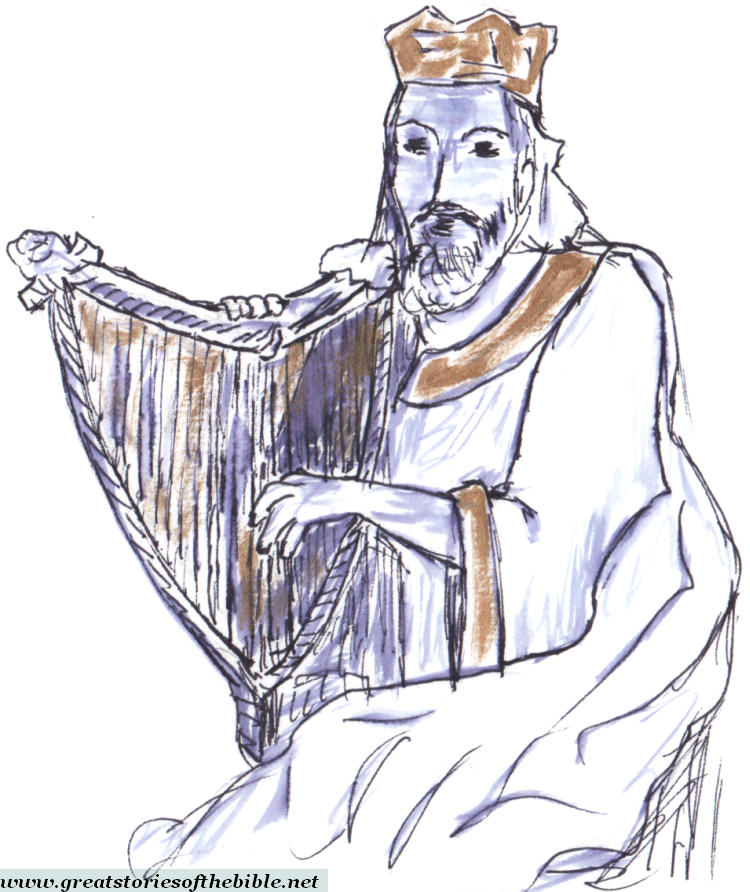Psalms
Let everything that has breath praise the Lord
Psalms are a collection of one hundred and fifty prayers in poetry, composed to be sung to musical accompaniment. They are very different in form and content: prayers and lamentations to God in time of trouble, hymns of praise, thanks, sung for the king or by the king (considered the anointed of the Lord), and more. Tradition gives to King David the authorship of many of the Psalms, knowing his attention to the cult and his inspired musicianship (see David - episode 1 and David - episode 4).

The Book of Psalms can be divided into five parts (as the five books of the Pentateuch or Tȏrāh), each ending with a short prayer of praise: 1-41; 42-72; 73-89; 90-106; 107-150. Psalm 1 and 150 respectively introduce and close the whole collection. I quote the whole Psalm 1, which opposes the righteous and the wicked man; the righteous man has to say “no” many times during his lifetime and only one, big “yes” to the Lord and His Law, that gives stability, prosperity and real peace. The wicked man, instead, will see no fruits: he will spend an evanescent life which will leave no sign in the world. «Blessed is the man who doesn’t walkin the counsel of the wicked, nor stand in the path of sinners, nor sit in the seat of scoffers; but his delight is in the Law of the LORD. On his Law he meditates day and night. He will be like a tree planted by the streams of water, that brings forth its fruit in its season, whose leaf also does not wither. Whatever he does shall prosper. The wicked are not so, but are like the chaff which the wind drives away. Therefore the wicked shall not stand in the judgment, nor sinners in the congregation of the righteous. For the LORD knows the way of the righteous, but the way of the wicked shall perish».
The Catholic Bible follows the Septuagint in which the numbering differs from the Hebrew. On this site I follow the Hebrew numbering.
Jesus knows the Psalms, he mentions them during his ministry (see for example Matt 13,35; 21,16; 21,42; 22,44; 23,39) and especially in the moment of the supreme fulfillment of his mission: «About the ninth hour Jesus called out with a loud voice, saying, “Eli, Eli, lema sabachthani?” That is, “My God, my God, why have you forsaken me?”» (Matt 27,46; see Psalm 22,2).
The Catholic Church prays the Psalms in the Liturgy of the Word and in the daily Liturgy of the Hours.